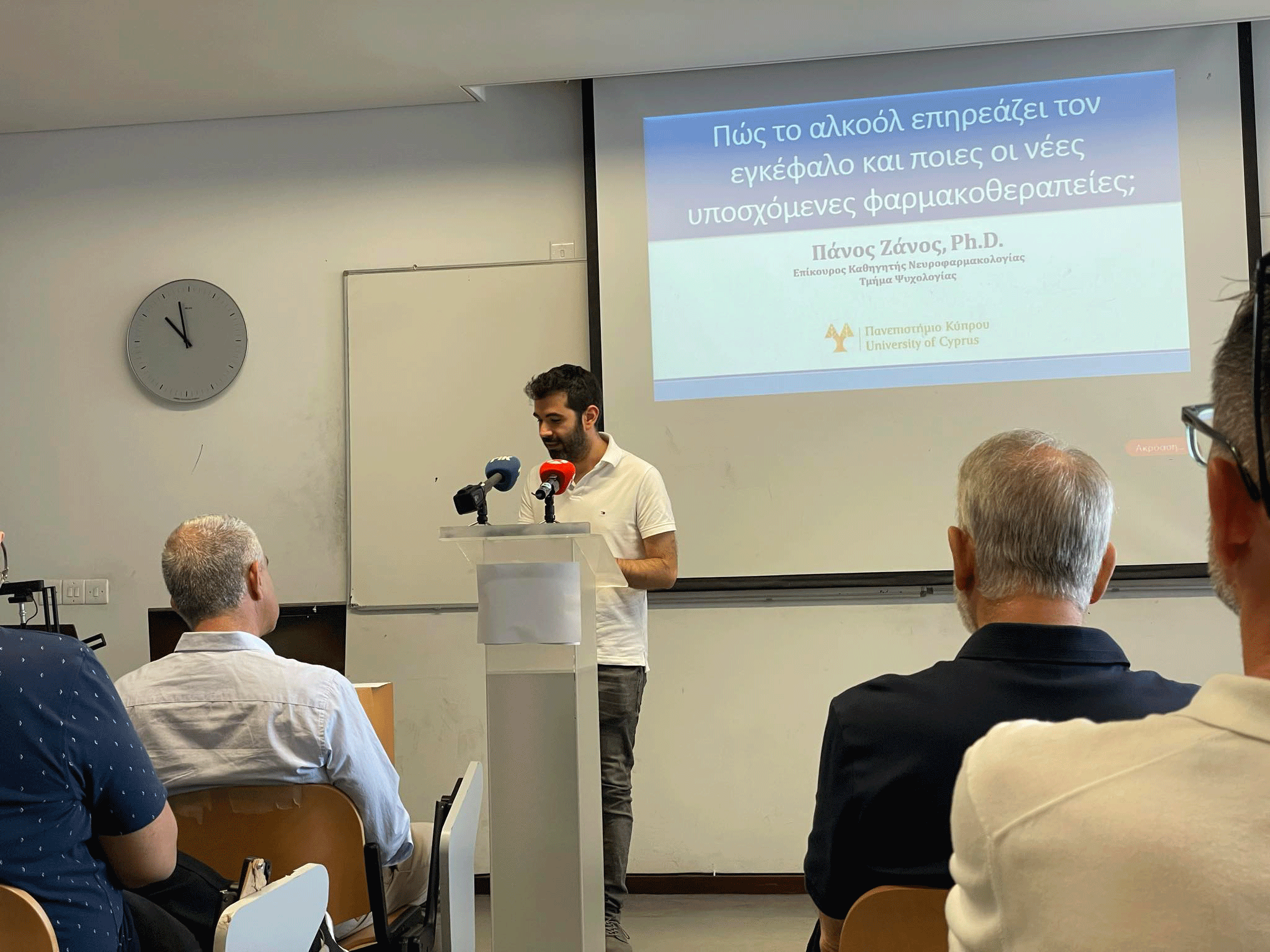Almost 14 per cent in Cyprus used alcohol for the first time when they were under the age of 12 and over 24 per cent tried it out between the ages of 13 and 14, a survey released on Friday revealed.
The largest percentage, 35.57 per cent said they had used alcohol for the first time at the age of 15-16. The poll gauged the drinking habits of people aged 18-40.
The survey, supported by the Scientific Committee of the European Liver Patients Organisation (Elpa), was carried out by the Association of Liver Patients and Friends of Cyprus ‘Prometheus’ with the Organisation of Friends and Relatives of Addicted Persons (Ofsea) and was described in a joint announcement as “worrying”.
According to the data, presented on Friday morning at workshop at the University of Cyprus, almost 70 per cent of the people interviewed said they had never been asked for proof of identity when buying alcohol.
The vast majority of those polled, 79.1 per cent, said their alcohol consumption generally takes place in the context of social gatherings, while 16 per cent consume alcohol at home. At the same time, 34.78 per cent said they use alcohol to self-medicate.
To the question ‘How often do you drink alcohol?’ some 32.33 per cent said every week, while 17.29 per cent said every 15 days or so, 6 per cent said every day and 9.77 per cent estimated they consume alcohol every two days.
“The results of the investigation sound the alarm bells for taking immediate measures,” said the president of Prometheus, Yiannoula Koullas. She stressed the need for the cooperation of all the competent authorities to intensify controls regarding the observance of the legislation on the sale, distribution or provision of alcoholic beverages to minors, as well as strengthening the information of students through programmes in schools.
Ofsea noted that with alcohol falling under legally-controlled substances, “it may wrongly contribute to an involuntary complacency which pushes aside problematic alcohol consumption and ignores the negative consequences it generates”.







Click here to change your cookie preferences